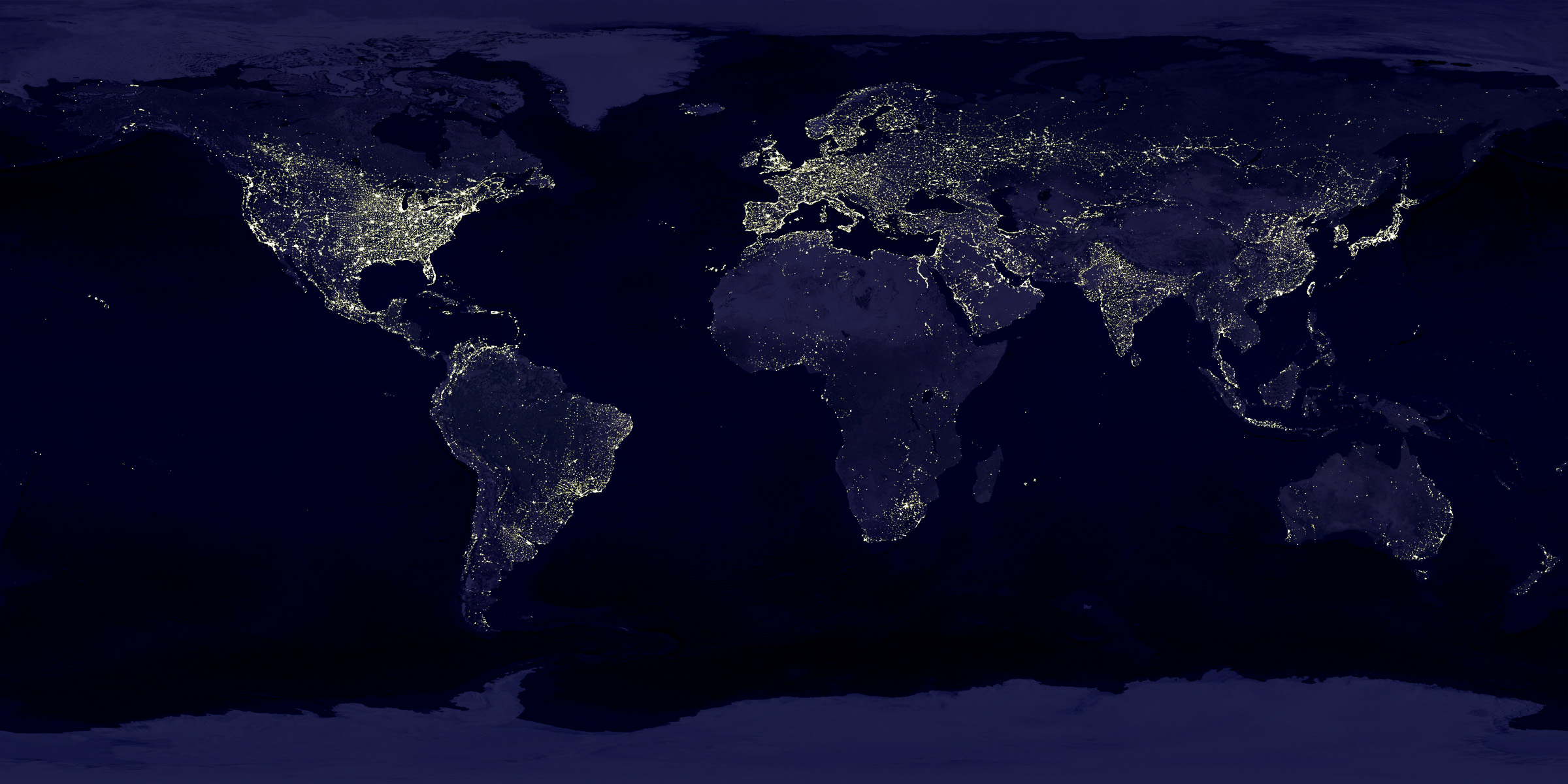The great disrupter
FOR MOST of the world, this year will be remembered mainly for covid-19. Starting in Asia, then spreading across Europe and America before taking hold in the emerging world, the pandemic has infected millions and killed hundreds of thousands. And it has devastated economies even more severely than did the global financial crisis which erupted in 2008.
But the impact of covid-19 has also given a sense of just how hard it will be to deal with climate change. As economic activity has stalled, energy-related CO2 emissions have fallen sharply. This year the drop will be between 4% and 7%. But to have a decent chance of keeping Earth’s mean temperature less than 2°C above pre-industrial levels, net emissions of CO2 and other greenhouse gases must fall to more or less zero by mid-century. And such a drop needs to be achieved not by halting the world economy in its tracks, but by rewiring it.
Ever since the Industrial Revolution 200 years ago, mankind has become increasingly dependent on fossil fuels. Carbon-dioxide emissions from their combustion have grown more or less continuously ever since. As they have accumulated in the atmosphere, the planet has heated up. In 2015 more than 190 countries signed the Paris agreement committing them to try to limit this warming to well below 2°C over pre-industrial...























